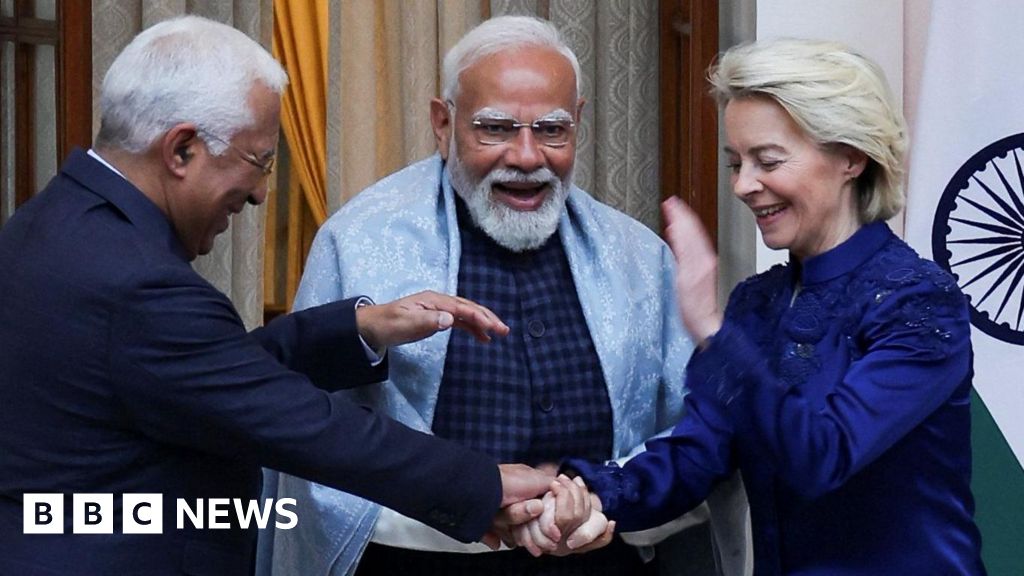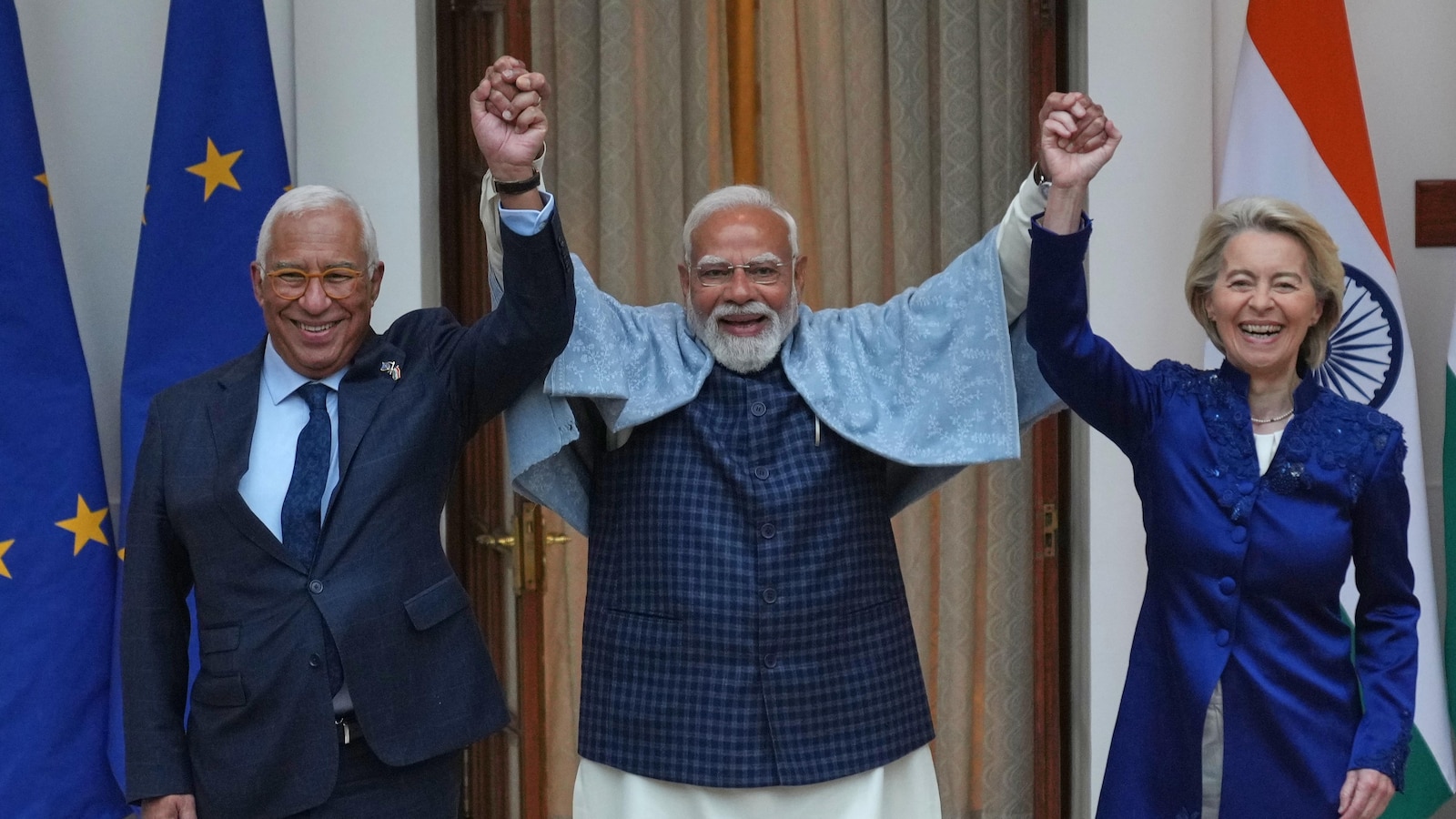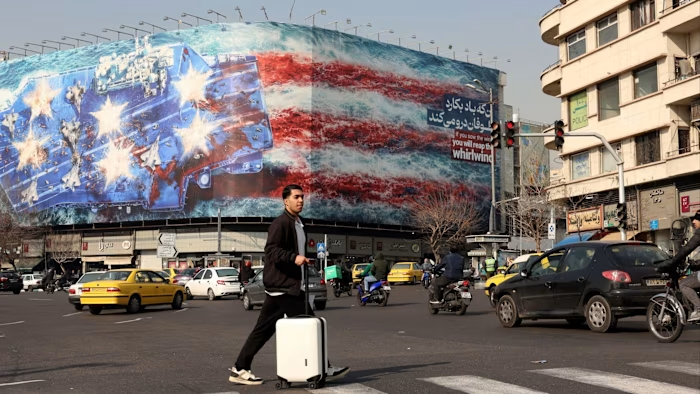- Denmark, Greenland leaders meet Merz, heading to Paris to shore up support Reuters
- Denmark, Greenland Leaders Hold European Talks After US Deal Bloomberg
- Mette Frederiksen, Denmark’s leader, has taken big risks standing up to President Trump….
Category: 2. World
-
Denmark, Greenland leaders meet Merz, heading to Paris to shore up support – Reuters
-

Spain plans to give half a million undocumented migrants legal status – BBC
- Spain plans to give half a million undocumented migrants legal status BBC
- As Western powers crack down on migrants, Spain embraces 500,000 Al Jazeera
- Spain to regularise over 500,000 immigrants Dawn
- ‘A migration model based on human rights’:…
Continue Reading
-
Atomic scientists set 'Doomsday Clock' closer to midnight than ever – Reuters
- Atomic scientists set ‘Doomsday Clock’ closer to midnight than ever Reuters
- Atomic scientists set ‘Doomsday Clock’ closer to midnight than ever Dawn
- ‘Doomsday Clock’ moves closer to midnight as conflicts in Ukraine, Kashmir, Middle East rage…
Continue Reading
-
National Defense Strategy Has the Right Principles, But Fails to Follow Them – Stimson Center
- National Defense Strategy Has the Right Principles, But Fails to Follow Them Stimson Center
- Pentagon foresees ‘more limited’ role in deterring North Korea Dawn
- How Trump’s 2026 National Defense Strategy Approaches Taiwan and China The…
Continue Reading
-

India-EU trade deal under the looming shadow of Donald Trump
 Reuters
ReutersIndian Prime Minister Narendra Modi and EU leaders Ursula von der Leyen and António da Costa radiated cheer as they posed for reporters ahead of the deal’s announcement The trade deal between India and the European Union is as much about…
Continue Reading
-

Six-year-old killed shocking San Diego bicycle crash
A six-year-old boy has died after being struck and killed in a car crash while riding his…
Continue Reading
-
Rebuilding hope: UNICEF expands ‘Back to Learning’ for hundreds of thousands of children in Gaza – Unicef
- Rebuilding hope: UNICEF expands ‘Back to Learning’ for hundreds of thousands of children in Gaza Unicef
- UN launches major drive to return hundreds of thousands of Gaza children to school TRT World
- A Report Notes How Israel’s Occupation of…
Continue Reading
-

Disappeared bodies, mass burials and ‘30,000 dead’: what is the truth of Iran’s death toll? | Iran
On Thursday 8 January, in a midsize Iranian town, Dr Ahmadi’s* phone began to buzz. His colleagues in local emergency wards were getting worried.
All week, people had taken to the streets and had been met by police with batons and pellet guns….
Continue Reading
-

India and EU clinch the ‘mother of all deals’ in a historic free trade agreement
NEW DELHI — India and the European Union reached a free trade agreement to deepen economic and strategic ties, officials said Tuesday, after nearly two decades of negotiations.
The accord, which the head of the EU’s executive branch described as…
Continue Reading
-

Iran delegates emergency powers as threat of conflict with US looms
Unlock the Editor’s Digest for free
Roula Khalaf, Editor of the FT, selects her favourite stories in this weekly newsletter.
Iran’s president has begun implementing emergency measures to shore up supplies of essential goods and keep government…
Continue Reading